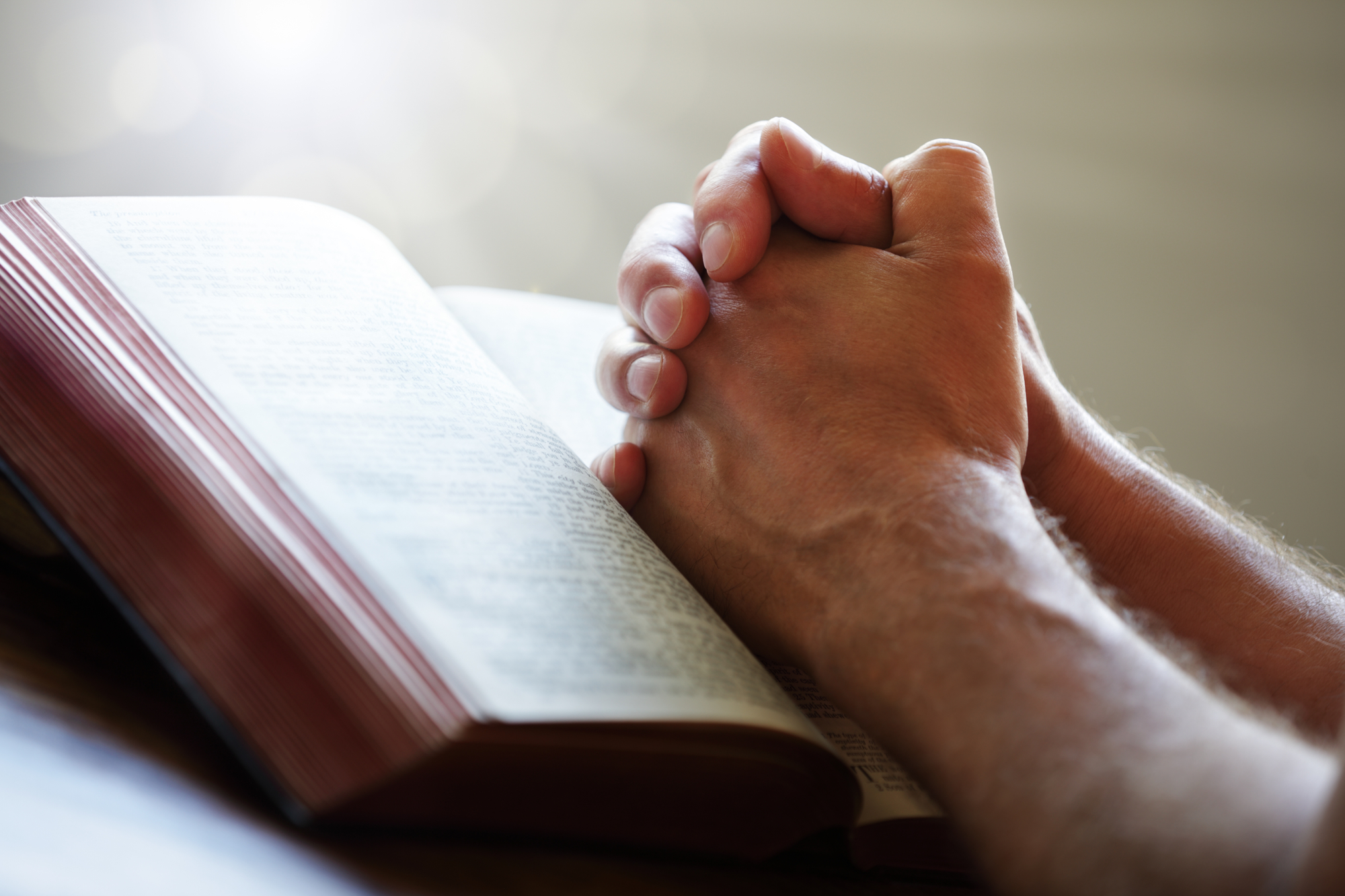
Position Statement on Prayer in Government Proceedings
By Humanist Canada
With increased international migration and the trend toward secularization in Western political institutions, there is a need to reconsider the special relationship that has existed and continues to exist between religion and the state.
Every day, the Parliament of Canada as well as Provincial Parliaments and municipal governments in eight of ten provinces and the three territories start their meetings with a prayer. This procedure – a nod to the British sovereign dating back to the 16th century – was adopted in many of the Commonwealth countries, although it does not exist in other European democracies. In Canada, Quebec and Newfoundland have decided to depart from the British tradition and do not have opening prayers. Since 1877, the daily prayer has marked the beginning of official business at the House of Commons. On February 21, 1994, the House of Commons introduced a new form of prayer, “more reflective of the different religions embraced by Canadians” (1). The prayer, followed by a moment of personal reflection, silence or meditation, is led by Speaker of the House, and all MPs who wish to join are invited to stand and worship.
In April of 2015, the Supreme Court of Canada ruled unanimously that the state must not interfere with matters of conscience and religion. The ruling resulted from a complaint that a prayer at municipal council meetings in Sanguenay, Quebec was a breach of the principle of religious neutrality on the part the state.
According to the Supreme Court,
The state must instead remain neutral in this regard, which means that it must neither favour nor hinder any particular belief, and the same holds true for non-belief. The pursuit of the ideal of a free and democratic society requires the state to encourage everyone to participate freely in public life regardless of their beliefs. A neutral public space free from coercion, pressure and judgment on the part of public authorities in matters of spirituality is intended to protect every person’s freedom and dignity, and it helps preserve and promote the multicultural nature of Canadian society. The state’s duty to protect every person’s freedom of conscience and religion means that it may not use its powers in such a way as to promote the participation of certain believers or non-believers in public life to the detriment of others. If the state adheres to a form of religious expression under the guise of cultural or historical reality or heritage, it breaches its duty of neutrality (2).
The Supreme Court ruling is consistent with Articles 2(a), 2(b) and 15(1) of the Canadian
Charter of Rights and Freedoms affirming an individual’s freedom of conscience, belief, opinion and expression, as well as his or her right not to be discriminated against because of religion or lack thereof (3). These fundamental rights are also supported by Article 18 of the International Covenant on Civil and Political Rights adopted by the General Assembly of the United Nations in 1966 (4).
As a result of the Supreme Court’s decision, some cities, including Ottawa, followed Quebec’s example and eliminated the opening prayer in council meetings. Other local and
national legislative bodies, including the House of Commons, chose to preserve the recital of the prayer at the beginning of their proceedings.
As a national organization, Humanist Canada endorses the separation of church and state. We believe that the use of prayer in any governmental setting:
- violates the principle of religious neutrality on the part of the state;
- privileges believers over non-believers and interferes with the non-believers’ right to freedom from religion. A 2018 survey conducted in Canada by the Pew Research Center found that 55% of Canadian adults identify as Christian; 8% are atheist, 5% – agnostic, and 16% say they are “nothing in particular”. An increasing number of Canadians profess Islam, Hinduism, Sikhism, Judaism and Buddhism (5). In other words, even though over a quarter of Canadians are indifferent to religious doctrine, the government’s use of the prayer universalizes religious affirmation.
Humanist Canada calls upon federal and provincial legislatures to either:
- abolish the practice of reciting prayers in their proceedings; or, alternatively,
- eliminate religious references such as “Almighty God” and “Amen” and substitute the worship format with a secular humanist statement;
- replace the prayer with a First Nations territorial acknowledgement, or a time for silent reflection1.
References
- Canada. Parliament. House of Commons. Procedure and Practice. 2nd edition, 2009: https://www.ourcommons.ca/procedure-book-livre/document.aspx?sbdid=af057bd0-f018-4fb4-bd75-4a2200729f05&sbpid=4a09a55b-e906-41d1-bf23-35a6dbe50354&sbpidx=2.
- Mouvement laique quebecois and Alain Simoneau v. City of Saguenay and Jean Tremblay Supreme Court Decision, 2015: https://www.documentcloud.org/documents/1875528-mouvement-laique-quebecois-vsaguenay.html.
- Canadian Charter of Rights and Freedoms, 1982: https://laws-lois.justice.gc.ca/eng/const/page-15.html.
- United Nations. International Covenant on Civil and Political Rights, 1966: https://treaties.un.org/doc/publication/unts/volume 999/volume-999-i-14668-english.pdf.
- Pew Research Center. “Five Facts about Religion in Canada”. July 1, 2019: https://www.pewresearch.org/fact-tank/2019/07/01/5-facts-about-religion-in-canada/#:~:text=Our%20most%20recent%20survey%20in.
- British Columbia Humanist Association. House or Prayers. An Analysis of Prayers in the Legislative Assembly of British Columbia, 2003-2019. 2019: https://d3n8a8pro7vhmx.cloudfront.net/bchumanist/pages/2639/attachments/original/1568097489/House_of_Prayer.pdf?1568097489.
1 In its “Analysis of Prayers in the Legislative Assembly of British Columbia, 2003-2019”, the British ColumbiaHumanist Association has proposed the aforementioned alternatives (6).
